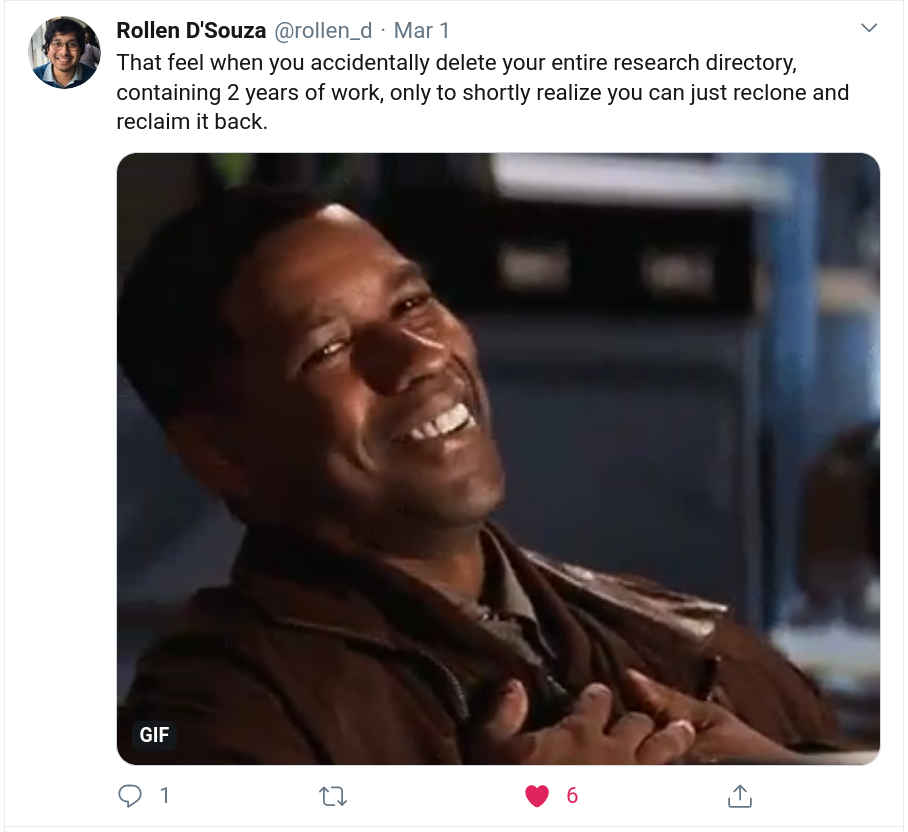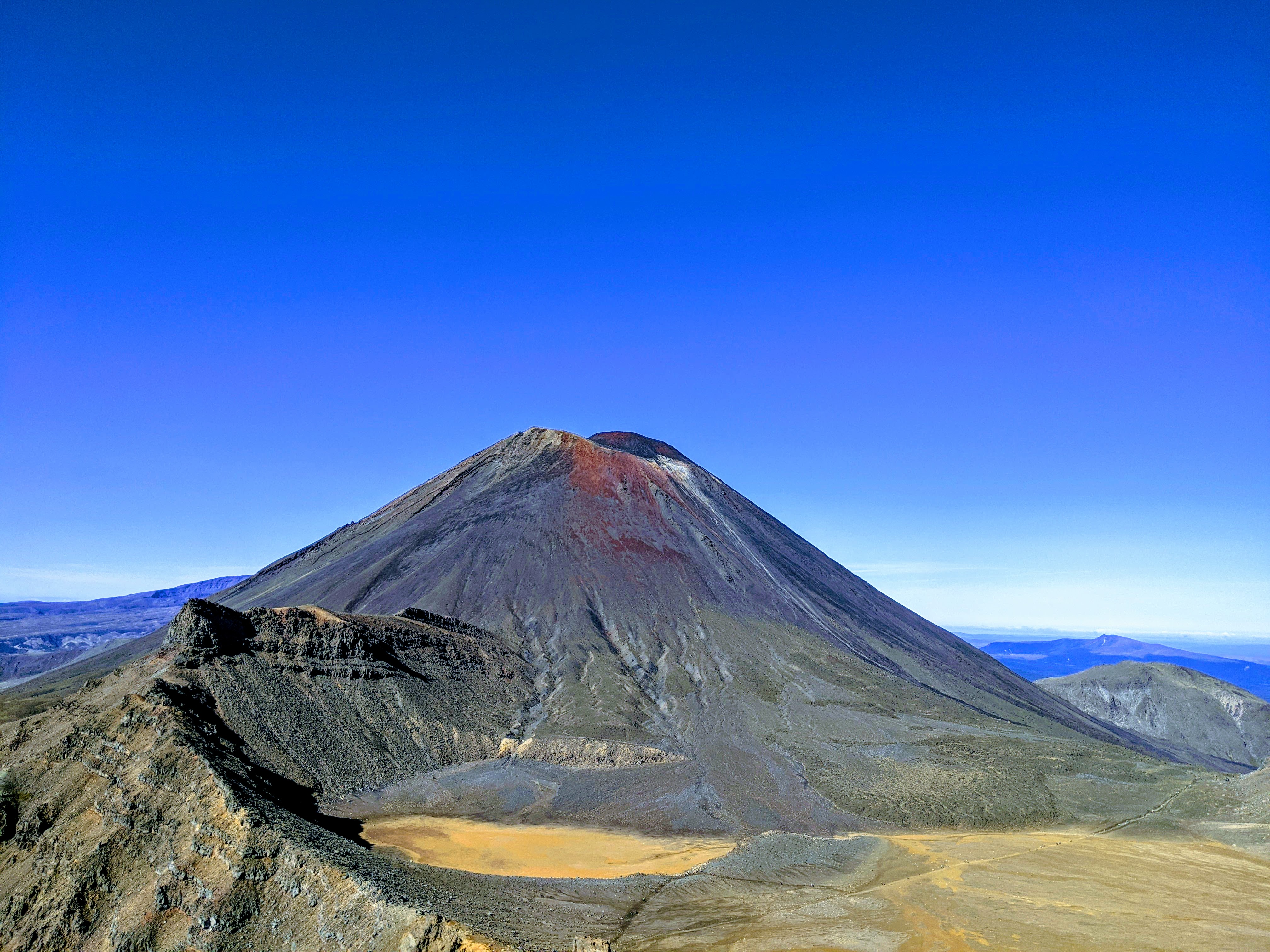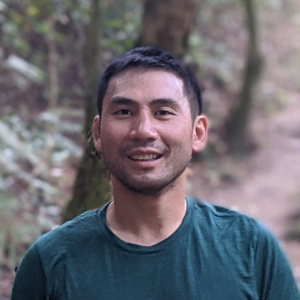Derek’s been doing a great job of keeping in touch with you all. My
specific schtick in these emails has been travel-related tips, and
that doesn’t work great right now. But let’s start with a picture from
the archives. From simpler times (February 15!), here’s a tuatara
photobombing a kakariki (NZ parakeet) at the Otoruhangu Kiwi House.
Something useful I’ve been doing in NZ is coarse-grained daily
activity logging. Being on sabbatical is highly unstructured and,
before all the recent news happened, I was concerned that my year
might just slip away; keeping track of what I’m doing is a way to
introspect about my activities. I’ve also been writing and posting
monthly summaries based on the logs. You might try it to see if
there’s a gap between how you would like to spend your days and how
you actually spend your days. You do not have to work hard every
waking minute. Instead, be intentional about your time and do what you
choose, while also being self-compassionate.



